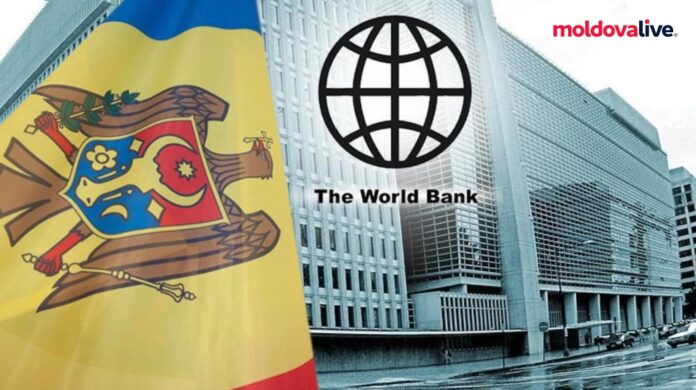The World Bank has allocated $54.5 million to renovate public buildings and district heating systems, focusing on education facilities in Moldova. This investment is part of the Scaling Up Energy Efficiency in Europe and Central Asia Program (E3 Program) initiated by the World Bank.
This new regional initiative aims to significantly accelerate energy efficiency across Europe and Central Asia, ensuring a secure, affordable, clean energy supply. The E3 Program will provide $1.46 billion and mobilize an additional $2.4 billion from public, private, and development sectors, including $1.5 billion in private capital.
Initial funding will support energy efficiency projects in four countries, with more expected to join over the next ten years. Investments will target public facilities, residential buildings, appliances, industrial modernization, and district heating upgrades.
The 10-year Program aims to save over 63 terawatt hours (TWh) of energy—equivalent to Switzerland’s annual electricity production—and to reduce CO2 emissions by 18.7 million metric tons.
FOR THE MOST IMPORTANT NEWS, FOLLOW US ON TWITTER!
Antonella Bassani, World Bank’s Vice President for Europe and Central Asia, emphasized, “Investing in energy efficiency is crucial to our vision of accelerating the shift towards clean and efficient energy, mitigating climate change impacts. Scaling up energy efficiency can generate budget savings for other development priorities, reduce the need for new energy supply investments, and make business operations cleaner and more competitive while lowering household energy bills, decreasing air pollution, cutting carbon emissions, and creating jobs.”
The E3 Program will develop replicable country projects aligned with national plans and facilitate access to sustainable financing. Initial projects include a $300 million World Bank funding for central government buildings renovation in Türkiye and the $54.5 million earmarked for Moldova’s education facilities under the support of a $5 million grant from Moldova – Growth, Resilience, and Opportunities for Well-being (M-GROW) program. World Bank plans additional phases and projects in Türkiye, Moldova, Montenegro, Uzbekistan, and other countries.
Over time, the E3 Program aims to assist countries in transitioning from smaller publicly financed energy efficiency efforts to national-scale programs with increased commercial financing. Public financing aims to demonstrate investment viability to attract commercial financiers, test new business models, mitigate investment risks, and provide targeted subsidies alongside commercial funding.
The E3 Program will complement the recently launched Europe and Central Asia Renewable Energy Scale-up (ECARES) Program, enhancing energy security and affordability and supporting the clean energy transition.


